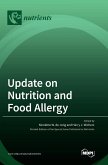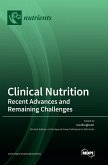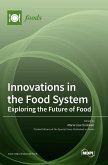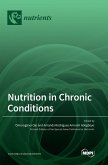During the menopausal transition and postmenopausal periods, women are affected by a variety of symptoms, such as hot flashes, night sweats, vaginal dryness, depression, anxiety, and insomnia. Non-specific somatic symptoms are also common, including muscle and joint pain, tiredness, and dizziness. Some of these effects (particularly vasomotor symptoms and vaginal atrophy) are closely associated with estrogen deficiency, but the exact mechanisms underlying the other symptoms are not fully understood. Postmenopausal women are also at increased risk of cardiovascular morbidity as a net effect of central obesity, dyslipidemia, hypertension, and diabetes, as well as for osteoporosis, cognitive decline, and genitourinary syndrome of menopause. Hormone replacement therapy (HRT) has played a central role in improving menopausal symptoms and reducing the disease risks associated with estrogen deficiency. However, due to growing concern for the side effects of HRT, especially in patients with hormone-sensitive cancer such as breast and uterus cancer, research has turned to the effects of nutraceutical approaches to these symptoms and diseases. In this Special Issue of Nutrients, we would like to bring together manuscripts dealing with the topic of "Nutrition Challenges for Middle-Aged and Older Women". Topics may include dietary interventions with foods, altered nutrient intake or food supplements, and specific dietary pattern interventions, such as the Mediterranean Diet or calorie restriction, in humans.
Hinweis: Dieser Artikel kann nur an eine deutsche Lieferadresse ausgeliefert werden.
Hinweis: Dieser Artikel kann nur an eine deutsche Lieferadresse ausgeliefert werden.








